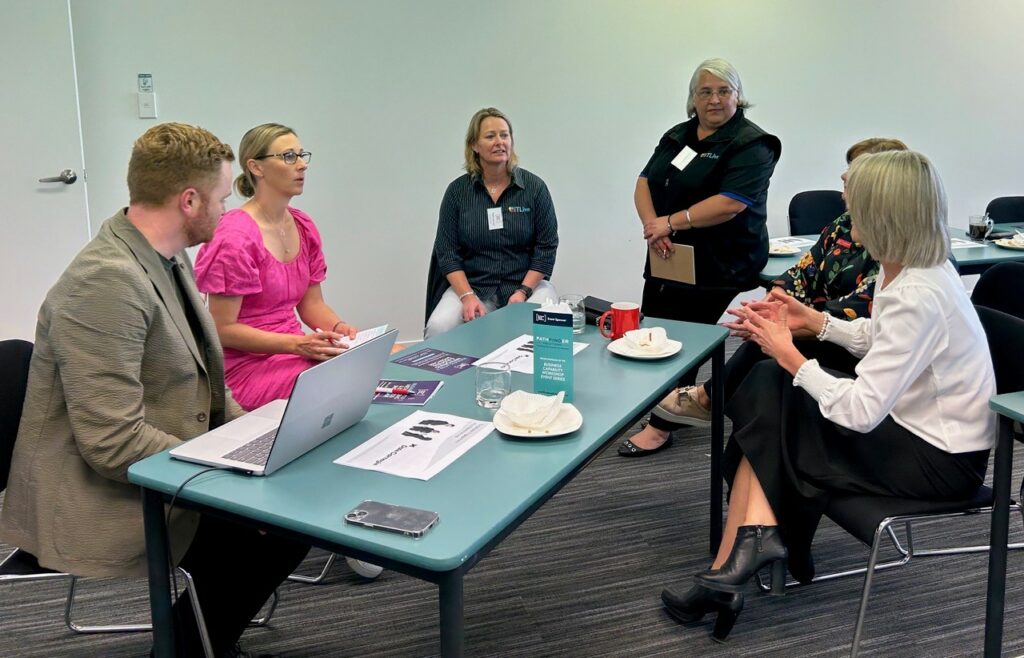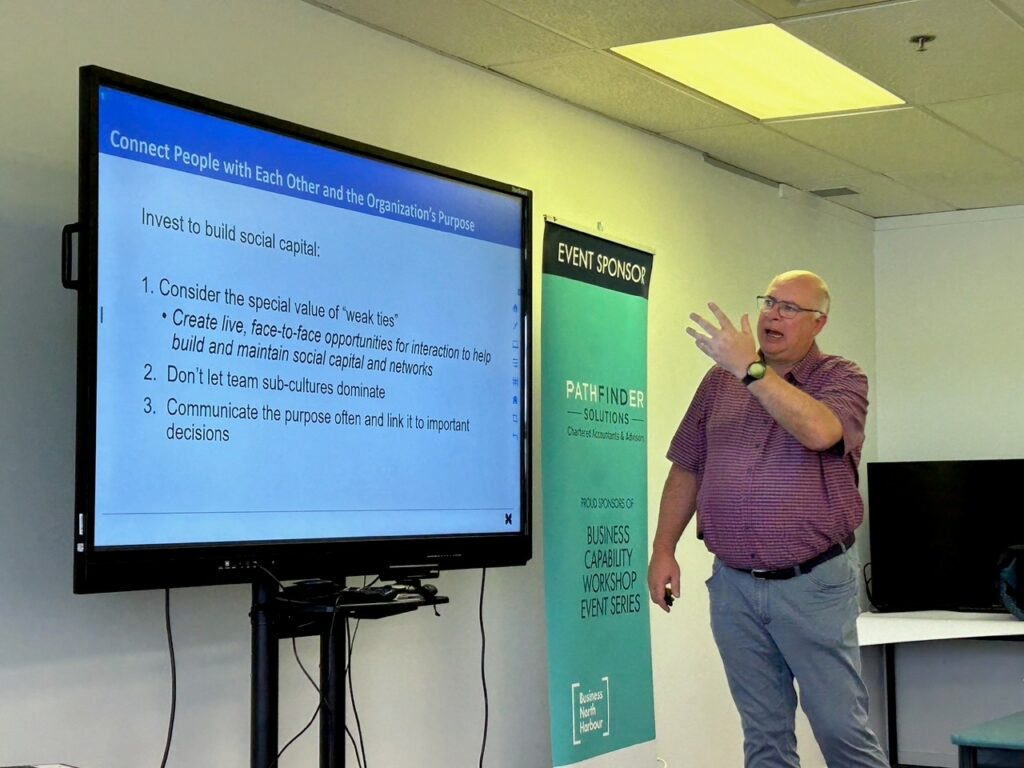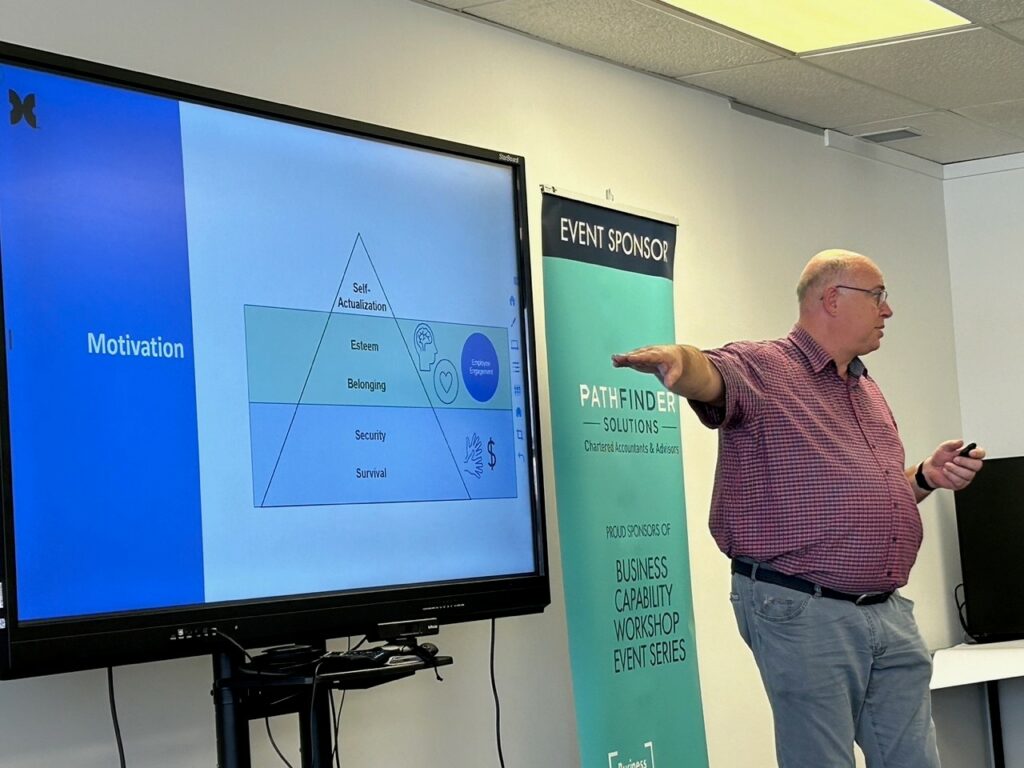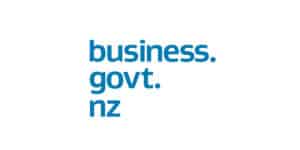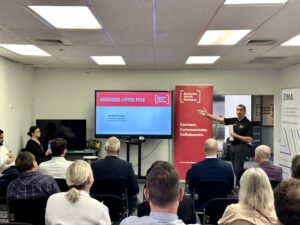17th May 2023
Business Capability Workshop, sponsored by Pathfinder Solutions
Simon Weakley, Director of Sales and Training, Dale Carnegie Auckland
Engagement + ownership = highly motivated individuals. When employees willingly commit their brains and hearts to their roles, innovation and other great things happen.
But how to achieve this in 2023’s hybrid work environment?
Simon Weakley began by asking his attendees to suggest the potential advantages (e.g., flexibility, improved productivity, reduced travel time and costs) and disadvantages (e.g., reduced interaction, clarity of roles, changes in company culture) of a hybrid team.
He then dispelled a few prevailing myths, such as being unable to communicate effectively or the negative impact on career advancement, while stressing the importance of maintaining company culture.
Admittedly, the sudden switch in 2020 to working from home made culture shift rapidly. But this was already happening; Covid was merely an accelerator.
In this new virtual world, Dale Carnegie’s tried and tested principles hold true.
Business leaders should shift their thinking away from solely being about the numbers and instead focus on excellence. When that’s the culture, and employees feel empowered to innovate and take ownership of their roles, success follows. What’s also crucial? Giving employees what they need to work from home effectively. That could range from an ergonomic workstation to supported childcare – because these costs should be recouped through increased productivity.
Relationships are also key. When someone trusts and respects their immediate manager, they’ll go over and above for the team. Organisations should therefore concentrate on enhancing inter-staff relationships, encouraging opportunities for interactions (e.g., through a virtual water cooler chat room), and celebrating successes formally and informally.
Simon concluded by offering eight simple considerations, including taking a step back to assess how employees’ experiences with the company have changed, giving people enough face-to-face time to keep relationships healthy and active, and, perhaps most importantly, understanding that company culture is all about people. “Old philosophies of leadership and management have been replaced to support the new world we live and work in.”
